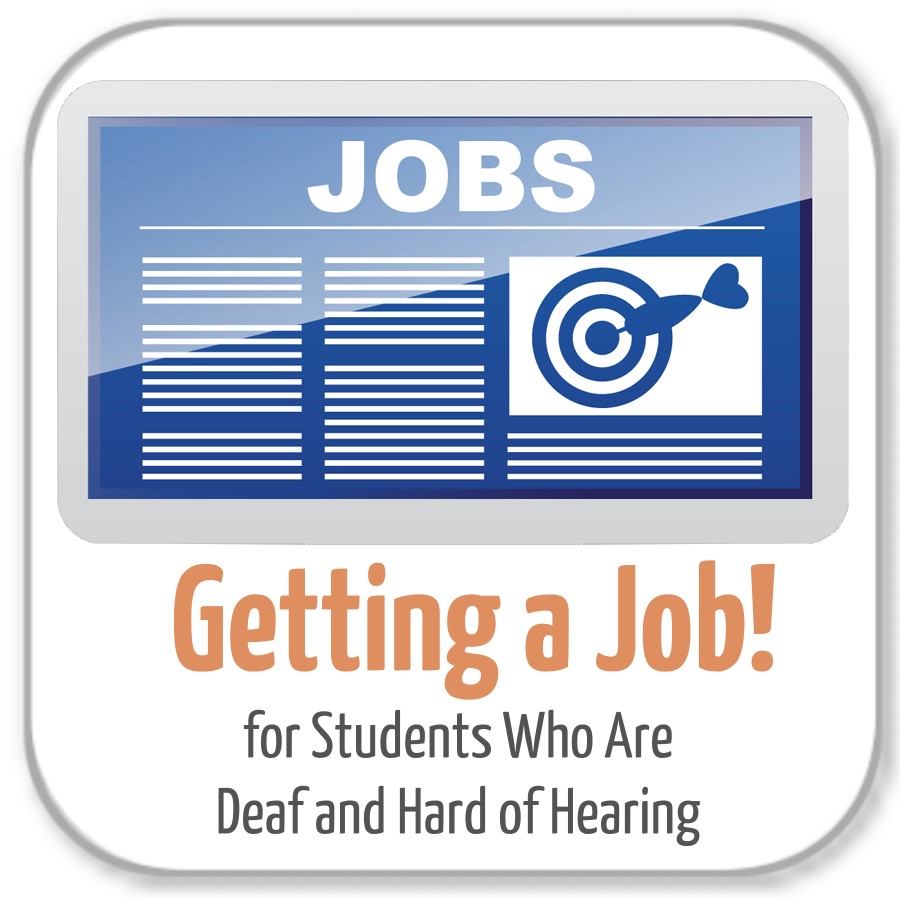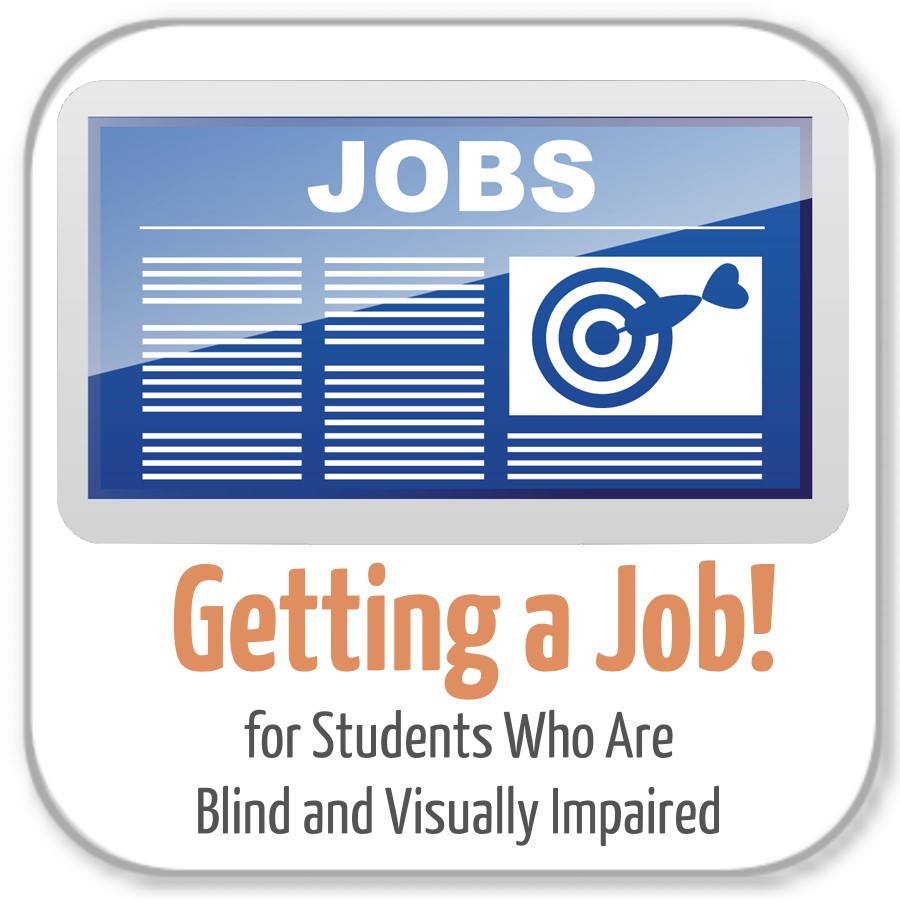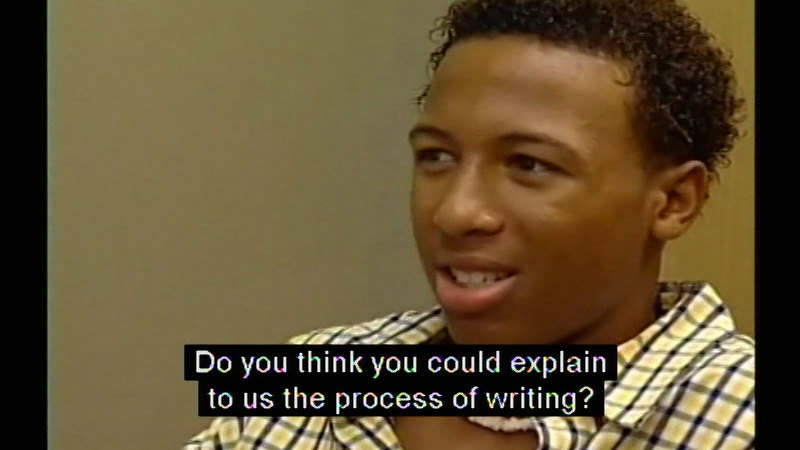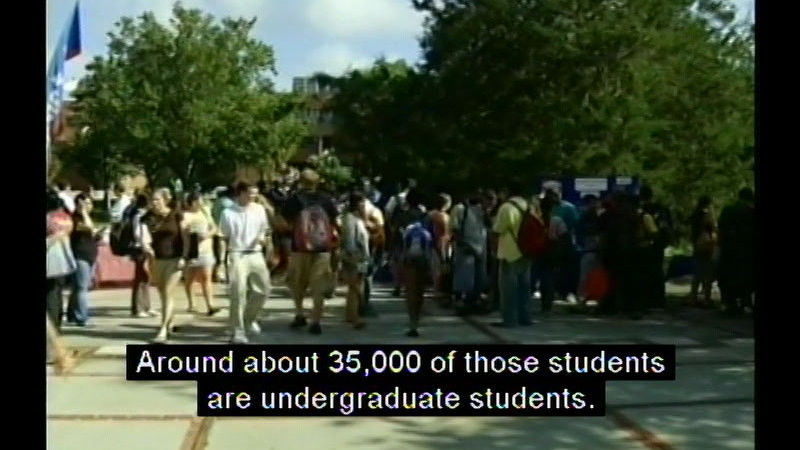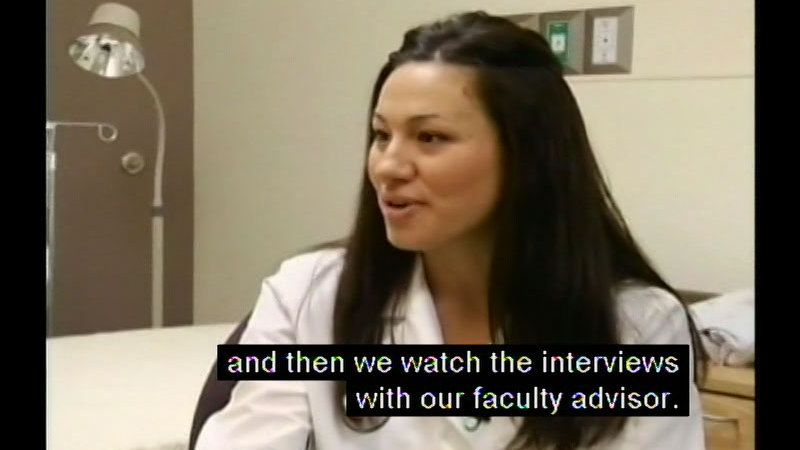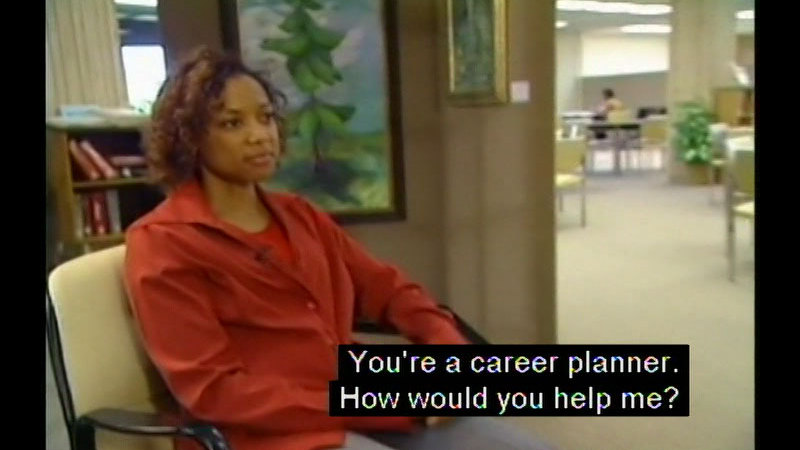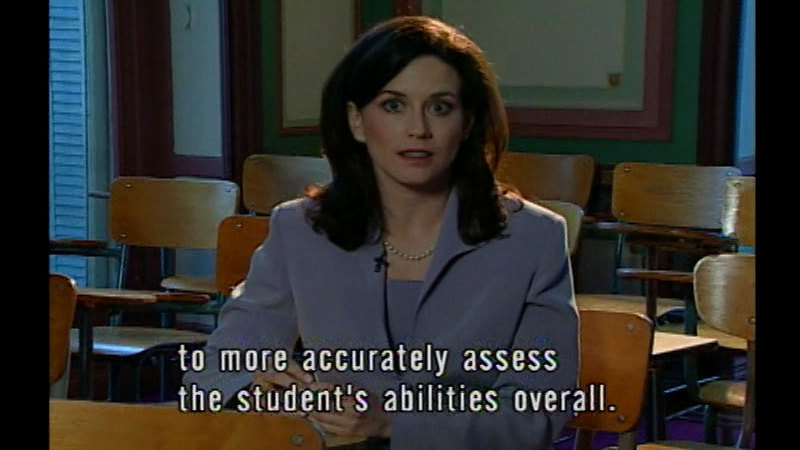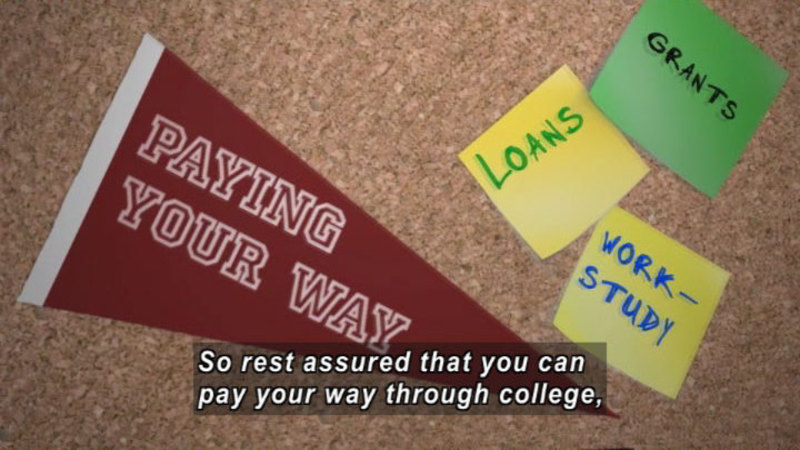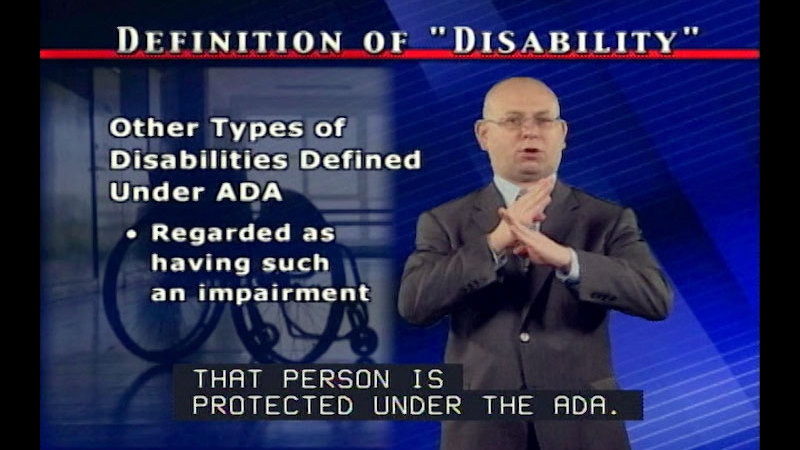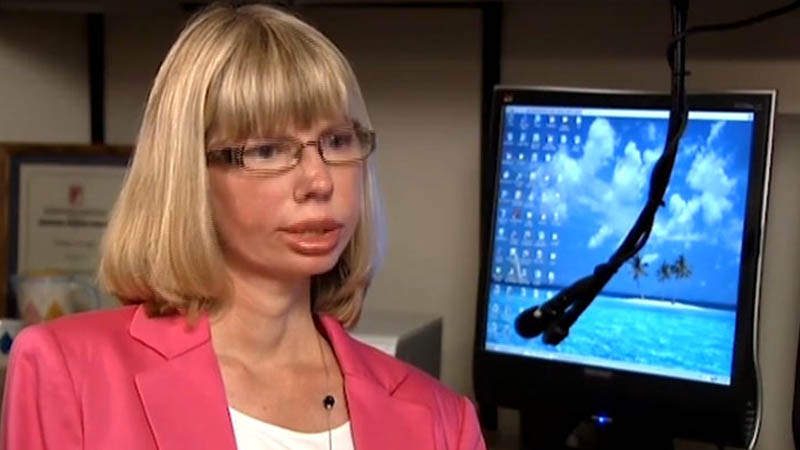<< Learning Center
Media Accessibility Information, Guidelines and Research
Is Your Student Ready for What Comes Next?
By Cindy Camp

Life is a series of transitions. Children face changes and challenges as they transition from kindergarten to first grade; from elementary to middle school; and from middle to high school. But perhaps the most challenging transition comes after graduation from high school, because there are so many choices. Teachers and parents often struggle to ensure that their students are ready for this major transition.
Indicator 13 of the State Performance Plan, required by the Individuals with Disabilities Education Act (IDEA) of 2004, states that IEPs for youth age 16 and above must include appropriate measurable postsecondary goals that are annually updated and based upon an age-appropriate transition assessment, transition services—including courses of study that will reasonably enable the student to meet those postsecondary goals—and annual IEP goals related to the student's transition services needs. (20 U.S.C. 1416(a)(3)(B))
DCMP offers many resources to assist in the transition process.
Related Resources
eLearning Resources
Is Your Student Ready for College?
Going to college is a major life transition. Students experience more freedom and responsibility than ever before. They may be living on their own for the first time, either in a dorm or apartment. They need independent living skills to make sure they wake up on time, eat healthy meals, and can do their own laundry. There is suddenly no one to tell them to go to class, much less do their homework. And students with disabilities must now self-disclose and seek accommodations when they may have been used to everything being done for them in high school.
Sometimes parents and students fail to be proactive in planning for college. Just as the academic planning begins well before the senior year of high school, so should the planning for all aspects of independent living. Students need to understand their disability and accommodation needs. They should learn which laws apply to each stage of their academic career, so they know what accommodations will be appropriate in a postsecondary setting. They should also be familiar with assistive technology and what will best suit their individual needs.
Related Resources
Media
Is Your Student Ready for a Job?
Once students have finished with school, whether it be high school or college, they face the sometimes daunting transition into the world of work. Although we go to school to prepare for a job, the reality is often different from what we expect. And in a competitive job market, the process of finding a job is often a lengthy one.
We can help students be more prepared by teaching responsible work ethics, self-advocacy skills, and how to maximize their soft and hard skills. Students will benefit from working (even small jobs) in high school and college. This will help them learn what to expect and choose a career that matches their individual talents and interests.
Related Resources
Media
Tags:
Please take a moment to rate this Learning Center resource by answering three short questions.

